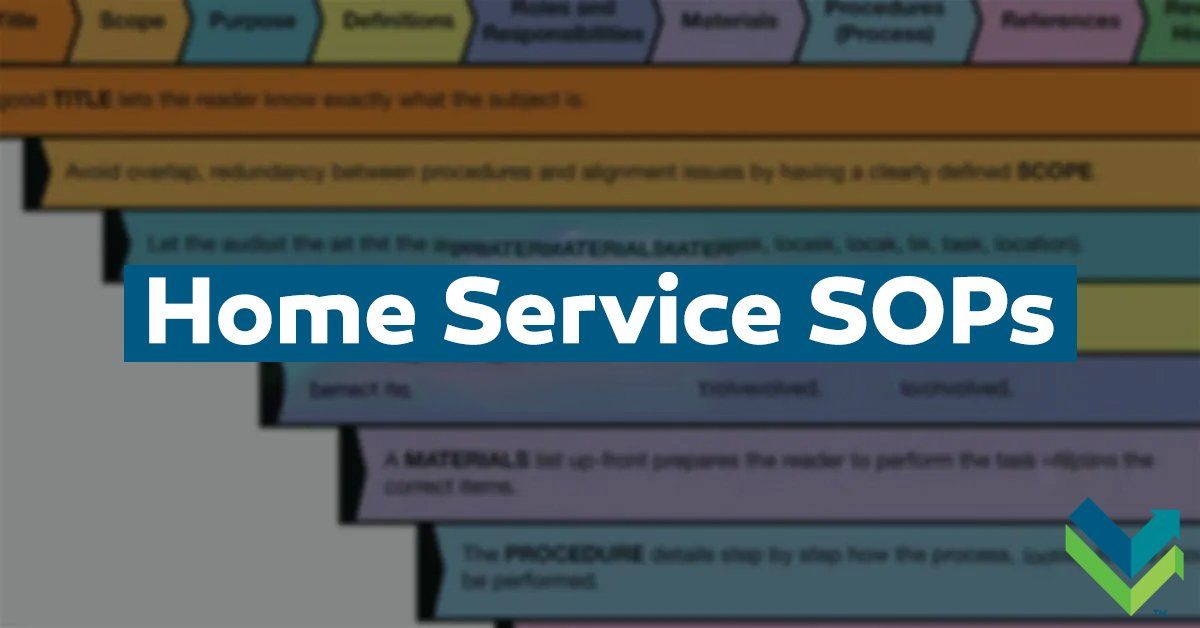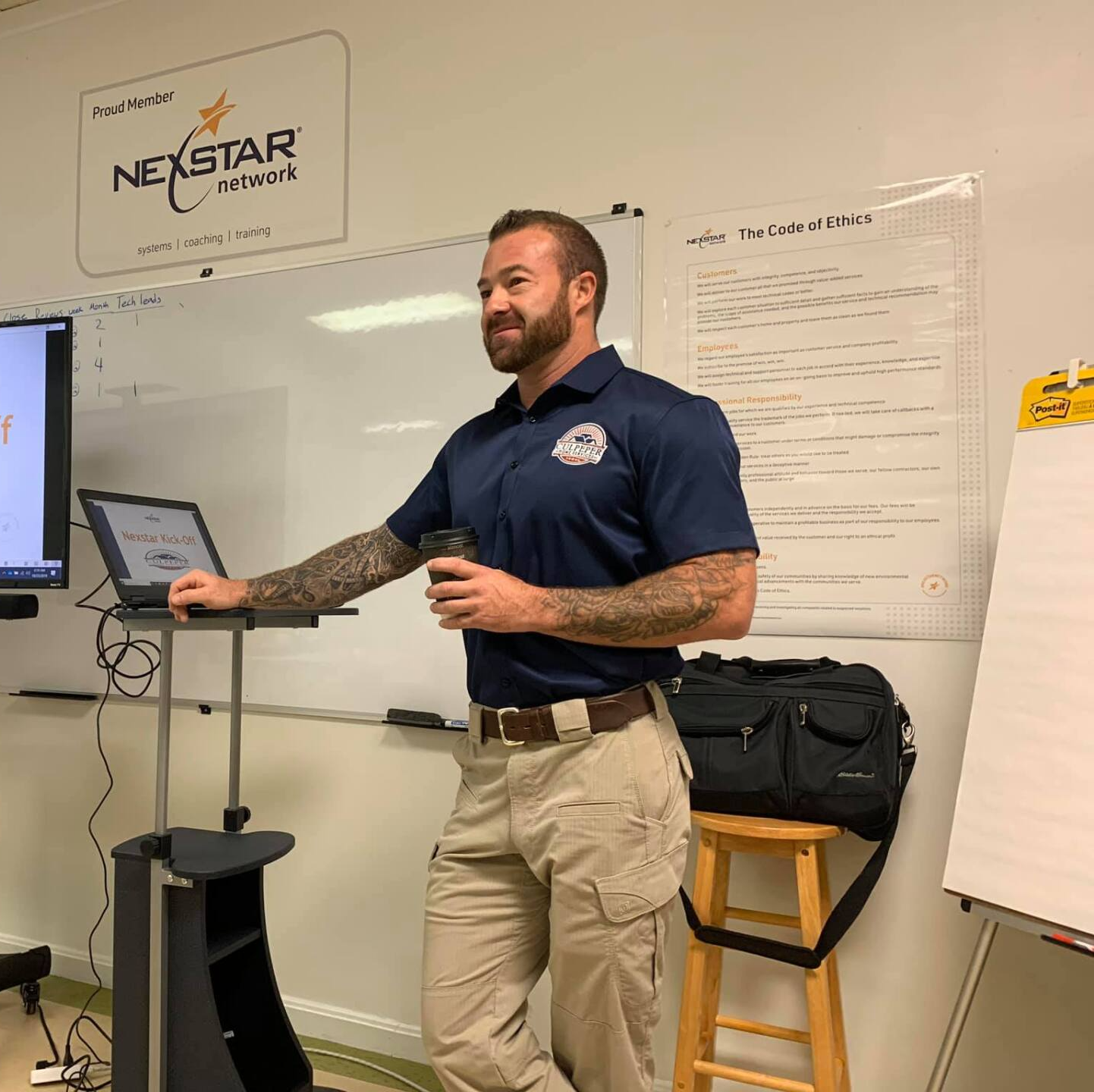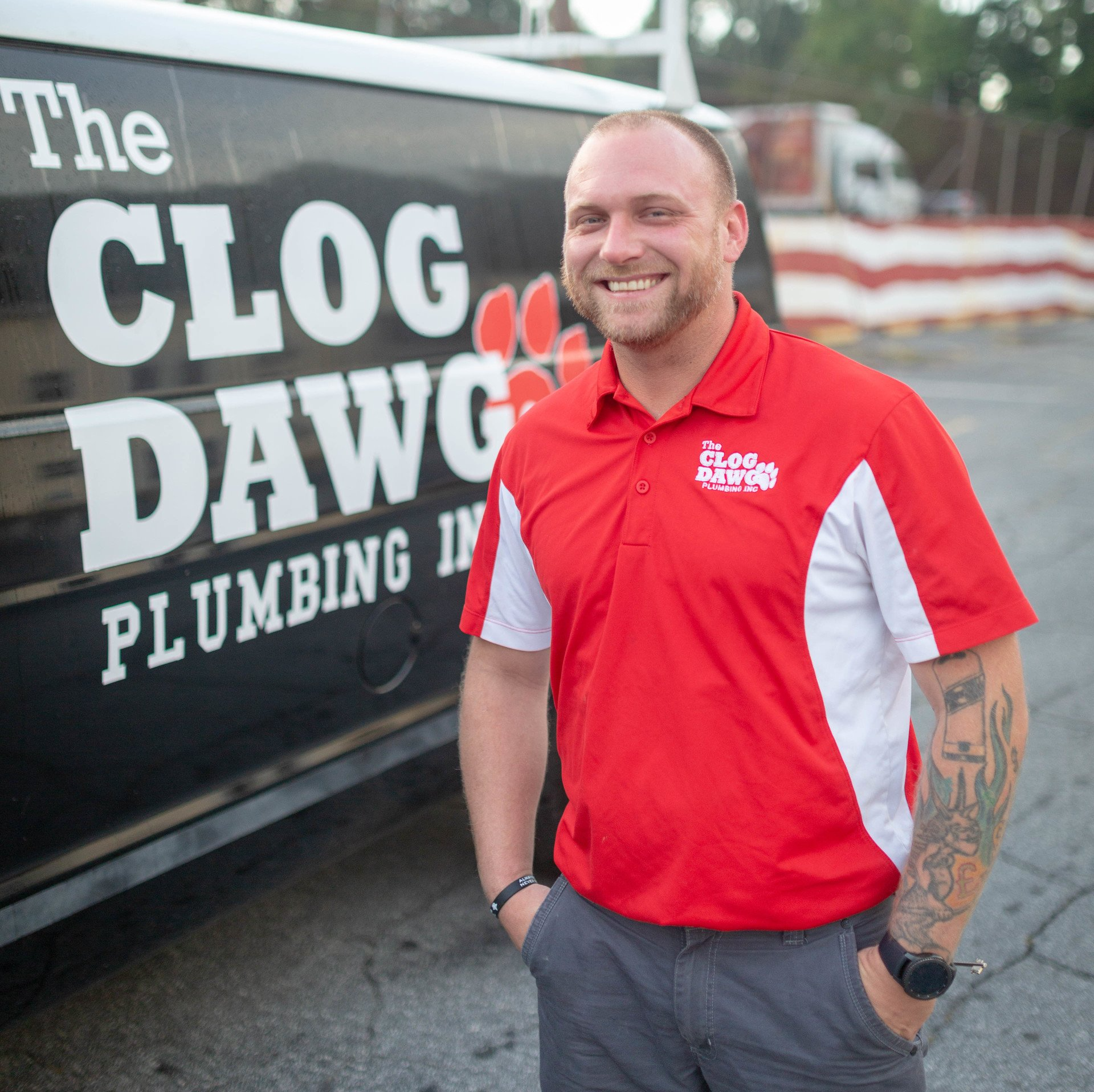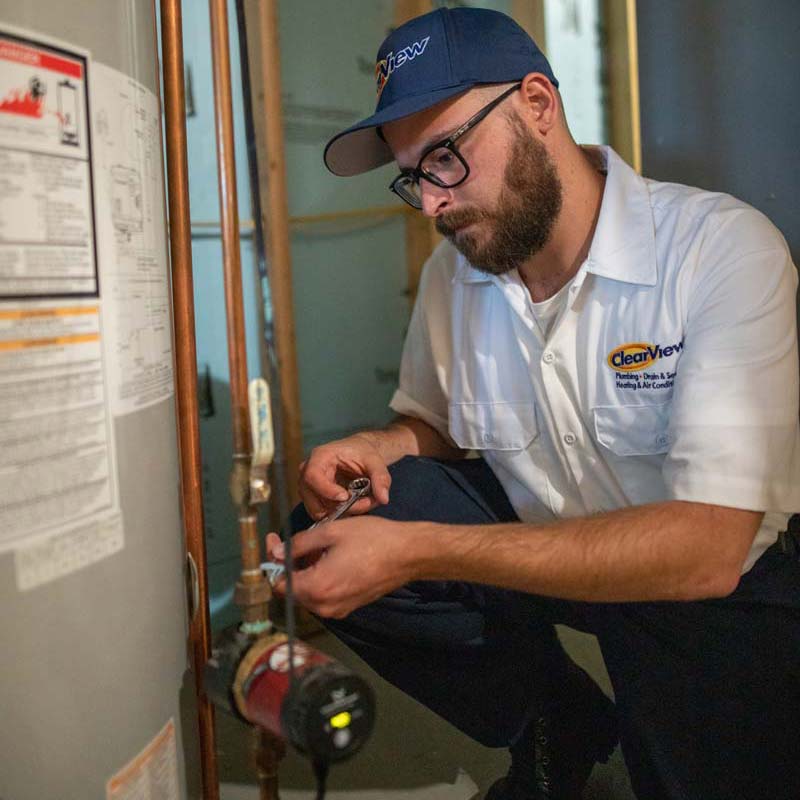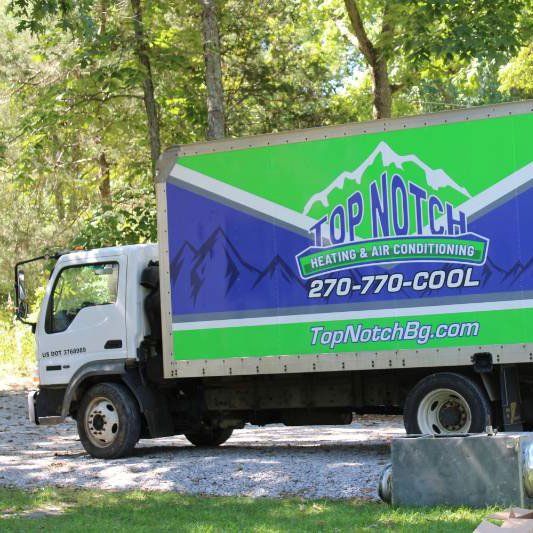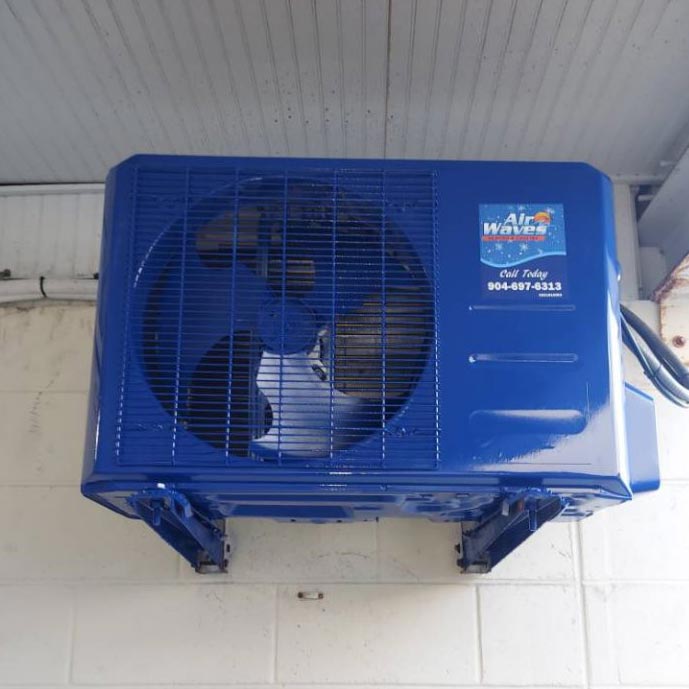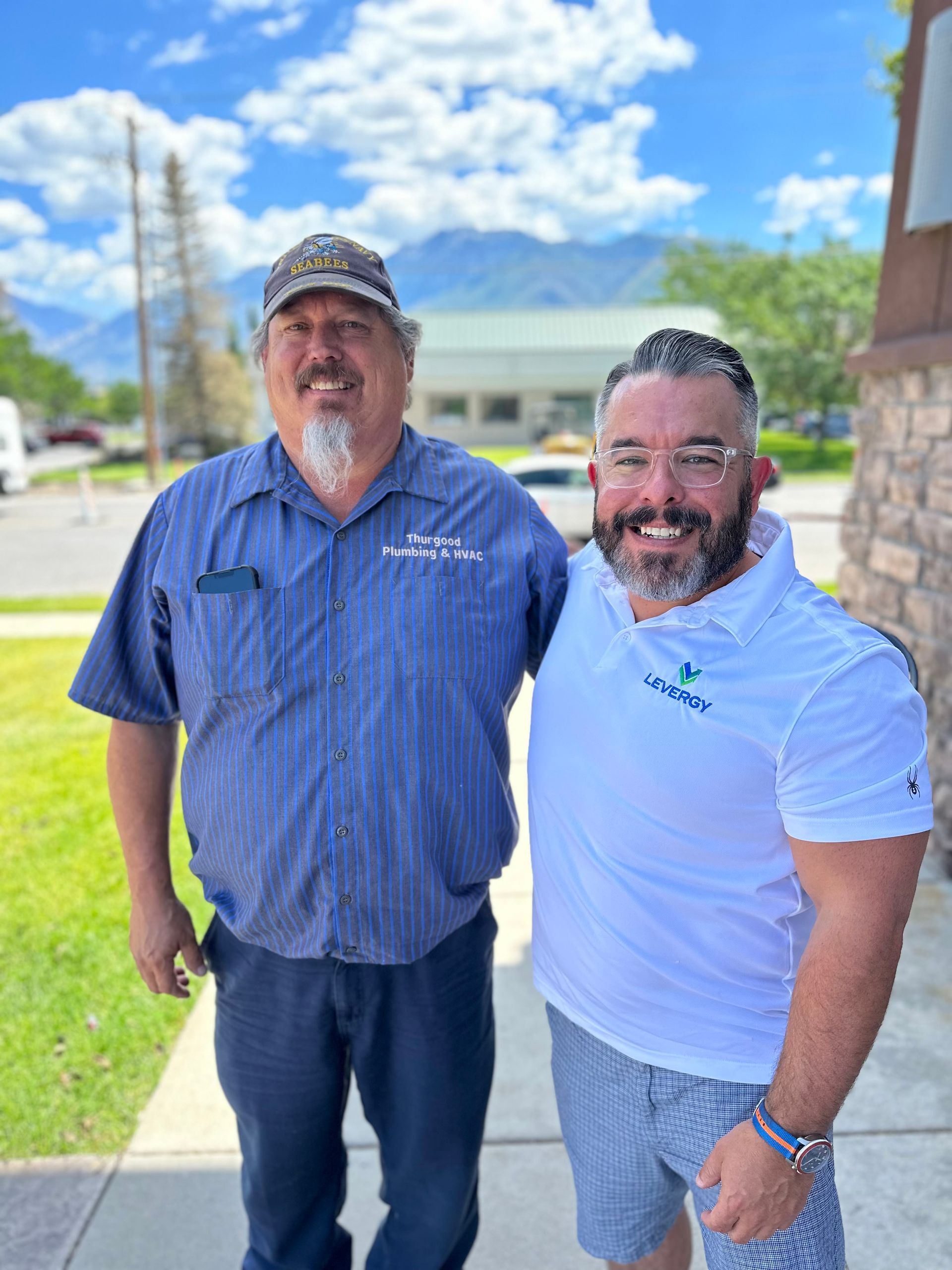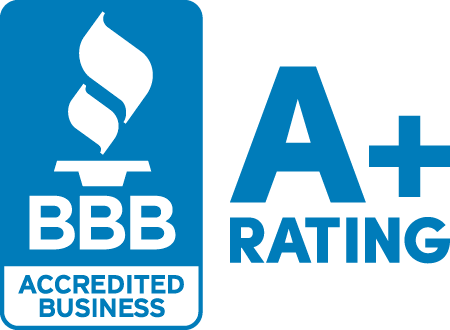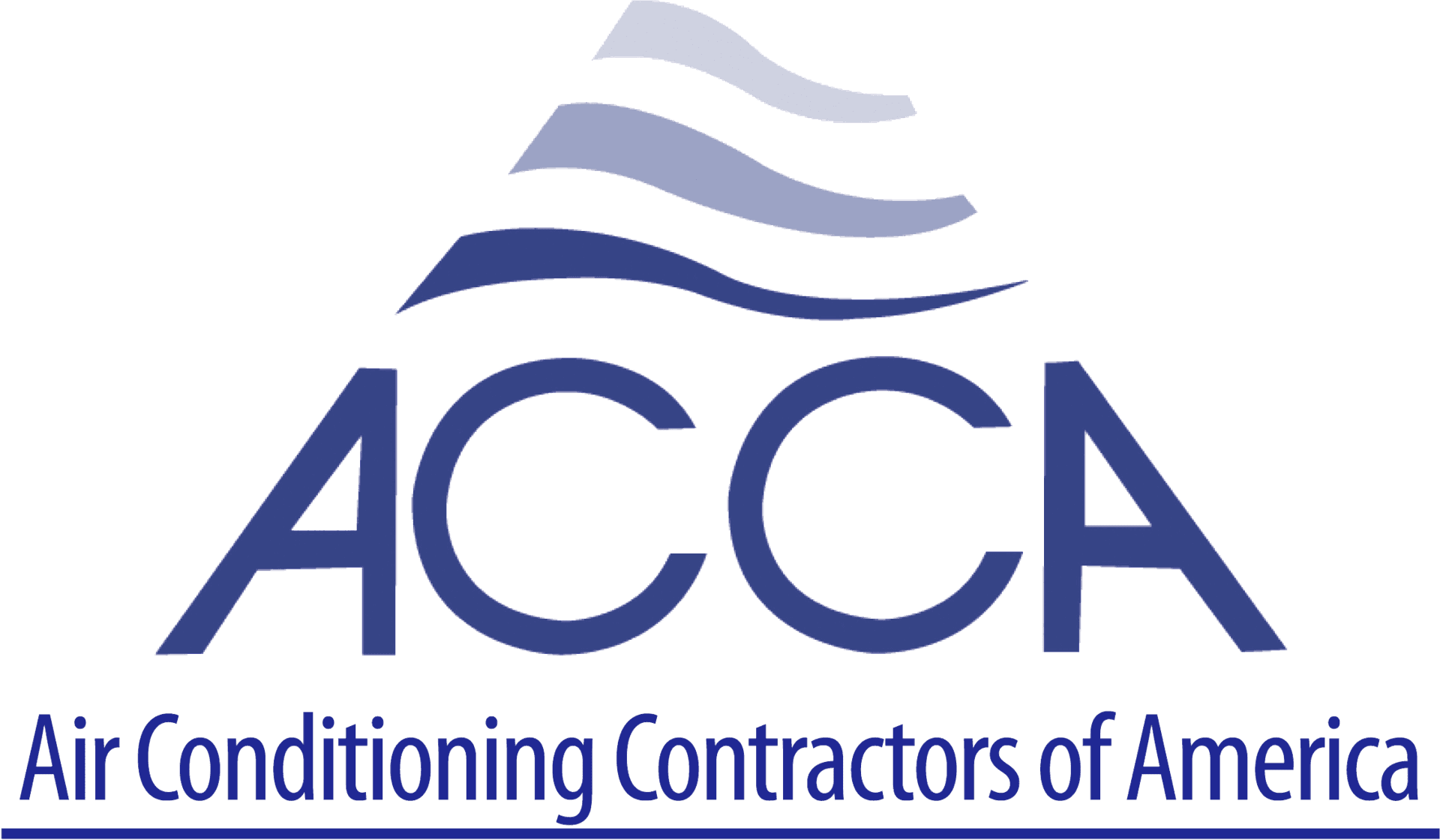CYA with SOPs
- Stinky Outdoor Plumbing?
- Stupidly Overpriced PVC?
- Seriously Overloaded Pickup?
What’s a Standard Operating Procedure?
An SOP Lesson from Starbucks
- How long the shots should take to pull
- How long the milk should be steamed
- The order in which you pull the shots and steam the milk
- The way you pour the milk into the cup
How to Create SOPs for Plumbing and HVAC
So SOPs, or processes, support efficiency, consistency, and quality. But how do they work in the world of home services?
Well, you’re going to put every single detail about how your business runs on a day-to-day basis in writing . Yes, that’s as much of a pain in the ass as it sounds like. But it’s also the easiest pain in the ass you’ll deal with all year. (Certainly less painful than that one customer of yours. You know the one.)
Plus, if you don’t currently have any written processes in your business, getting this knocked out will bring you the most return on any time investment you’ll ever make. Truly.
Step 1: Write down every position in your business.
And I do mean write down every position—from the front office to the folks in your trucks. Depending on the size of your company, that might include:
- Customer service reps
- Human resources
- Accounts payable/receivable
- Janitorial staff
- Installers
- Techs
- Mechanics
- Warehouse/inventory control
- Marketing and sales
And don’t forget to include yourself on this list.
Step 2: Write down every task related to each of those positions.
Next, make a list of all the repeating tasks each position is responsible for. And I do mean all the tasks—big and small. Looking at the job description is a good place to start.
Then, ask the people who hold those positions to write down their tasks. There’s a good chance you’ve forgotten half of them. (Or they have, which means you’ll know what your next training ought to cover.)
Be sure to include when the tasks should be performed: daily, weekly, monthly, quarterly, semi-annually, or yearly. You might also note “at every service call” or, if your current task list is about cleaning bathrooms, “immediately after George exits the stall.”
Step 3: Rank each task in order of importance.
At this point, you’ll have a lengthy list of tasks for each position. Now, put those tasks in rank order of importance.
For example, if your accounts payable clerk is out for six weeks, what tasks should the person covering for them prioritize if they can’t manage the whole workload? If you’re going to Bermuda for three weeks (which SOPs will help you do sooner than later), should your assistant manager focus on scheduling techs first or invoicing first or something else?
Step 4: Create a checklist of how each task gets performed.
OK, this is where things are going to feel really tedious, but this is the difference between job descriptions and SOPs.
For each task, get obnoxiously granular. For example, if one of your position’s duties is to “close the shop,” make a checklist of what’s involved in that one task. It might look like:
NIGHTLY
- Log off all computer terminals.
- Set phones to “night” by inputting code 82345.
- Leave special instructions for cleaning crew, if necessary.
- Turn off lights, other than the one in the accounting office.
- Set alarm using code 5734#.
- Lock front and back doors.
- Take outgoing mail to mailbox.
- Drop night deposit at Bank of Smithton at 123 Main Street.
For service techs, it might be something like:
AT EVERY CUSTOMER CALL
- Before leaving the shop, review the work order and check your truck for the necessary tools and supplies.
- Call the customer when you’re 20 minutes from their home.
- When you arrive, park in the street.
- Ring the doorbell.
- Tell the customer who you are, why you’re there, and ask to come in.
- Put booties over your shoes.
- Explain what you’ll be doing.
- Protect the customer’s home with your work mat.
- Complete the work.
- Remove all trash and debris.
- Explain work completed to the customer and ask if they have questions.
- Get signature on work order.
- Accept payment.
- Request a review on Google.
- Say thank you.
Step 5: Assign someone with lots of give-a-damn for details to make the SOPs look consistent.
As you collect all of this yummy, spellbinding information for each task under each position, have someone type them up in a standard format. Consider making each task a separate document inside an easily scannable file structure:
- SOP/Customer Service/Answer Phones
- SOP/Customer Service/Birthday Cards
- SOP/Customer Service/Reminder Calls
- SOP/Human Resources/Interview Techs
- SOP/Human Resources/Onboard New Employees
- SOP/Techs/Service Calls
- And so on (and on and on and on).
Then, share those documents with the people who perform the tasks. (Pro tip: Share files that can’t be edited. If someone wants to add/delete something from an SOP, they should go through you first.)
Feeling overwhelmed?
Clearly, this is a big job—so maybe don’t try to do it all at once. But don’t procrastinate, either. Decide you’ll have it all done by the end of Q3 (or whatever), and get started.
Think about the most critical functions of your business, and knock those out first. Or think about the stuff you can’t stand doing, write up the processes, and delegate that stuff away.
And don’t lose sight of the point here:
The idea behind SOPs is to create a business that will continue running even in the face of a crisis. Imagine the peace of mind you’ll have knowing anyone could open a file on your computer and find the instructions for… everything.
Why is a marketing guy talking about processes?
Having SOPs will make your business better. And better businesses are naturally more marketable. I’m not here just to sell you a website or Google Ads or SEO strategy (although I dig those things). I’m here to help you with all aspects of your business. Where are you feeling stuck? Let’s talk.
Was This Helpful?
Sign up here, and we'll automatically email you as we publish new articles that you may find useful.
Was This Helpful?
As Seen In:
Is your website helping or hurting your SEO efforts? Find out now for free.
We've got give-a-damn for days.
When my team talks with new clients, we hear a ton of frustration, overwhelm, and general fed-up-ness.
I'm guessing you can relate.
Maybe you've been trying to figure out all this marketing stuff on your own OR you've handed a crap-ton of money to an "expert" for no apparent reason.
Your phones still aren't ringing like they should.
Your advertising still isn't performing like you expected.
Your website's still not ranking or converting like it needs to.
You can't figure out why... and/or your current marketing "partner" isn't 'fessing up.
We think you deserve better.

Ryan Redding
CEO Levergy
Author of The Book on Digital Marketing for Plumbing and HVAC Contractors
Here's how we'll get you more plumbing, HVAC, electrical, garage door, roofing, or other home service leads:

Tell us what's keeping you up at night.
Let's get on a call so you can tell us where your business is and where you want to go. We'll follow-up with a free, comprehensive assessment and actionable tips.

We'll help you fix it.
If you like what you see so far, we'll put together a customized plan with transparent, flat-rate pricing—and then get to work growing your business.

So you can breathe easy.
Have peace of mind knowing you have a true partner on your side who cares about your success as much as you do.
What you get is important.
How you're treated is what sets us apart.
Culpeper Home Services
"... they always go above and beyond the call of duty. I'm impressed with their work ethic, loyalty, and integrity."
- Russell Furr, President
The Clog Dawg
"[Levergy] understood my specific needs and got the work done—bypassing all the unnecessary nonsense. And now business is booming!"
- Steven Douglass, President
Your mileage may vary.
Better results are here.
Discover how to stop wasting money on marketing that doesn't work, and make your phone ring off the hook.


